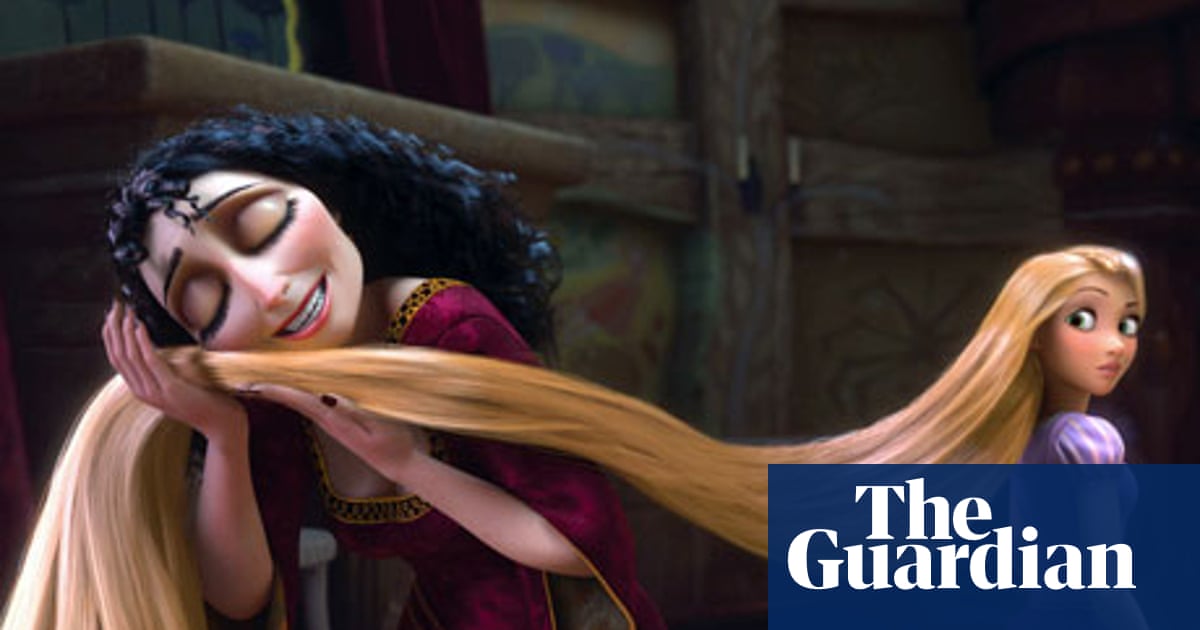I like Shrek 2 and the fourth film, but this piece from 2021, on Shrek's 20th anniversary, pretty much captures much of the original movie's impact.

 www.theguardian.com
www.theguardian.com
... Twenty years later, that flushing sound [from the opening] seems to signify the moment when blockbuster animation circled the drain. Shrek is a terrible movie. It’s not funny. It looks awful. It would influence many unfunny, awful-looking computer-animated comedies that copied its formula of glib self-reference and sickly sweet sentimentality. Three of those terrible movies were sequels to Shrek and one was a spin-off with a sequel in the works. The curse has eased but not lifted.
... It’s hard to account for why Shrek hit the cultural moment as squarely as it did – other than, you know, people seemed to enjoy it – or why it will be celebrated in 20th anniversary pieces other than this one. But it’s worth pointing out how comprehensively bad its legacy remains, opening up the floodgates for other major studios to pile celebrities into recording booths, feed them committee-polished one-liners and put those lines in the mouths of sassy CGI animals or human-ish residents of the uncanny valley. Worse yet, it encouraged a destructive, know-it-all attitude toward the classics that made any earnest engagement with them seem like a waste of time. Those once-upon-a-times were now rendered stodgy and lame, literally toilet paper.
... Last year, the National Film Registry added Shrek to the Library of Congress, which seals its canonization, but it’s remarkable how much of an early aughts relic it’s become, an amber-preserved monument to phenomena (Mike Myers, Smash Mouth, Michael Flatley) that hasn’t stood the test of time. Even the film’s referential style looks resolutely slow and unhip next to the whirring pop Cuisinarts of Lord and Miller productions like The Lego Movie and Spider-Man: Into the Spider-Verse or even IP-heavy Disney fare like Wreck-it Ralph and its sequel.

Shrek at 20: an unfunny and overrated low for blockbuster animation
The fairytale comedy was a hit with critics and audiences but its toilet humour, glibness and shoddy animation mark it out as a misfire
Last edited:

